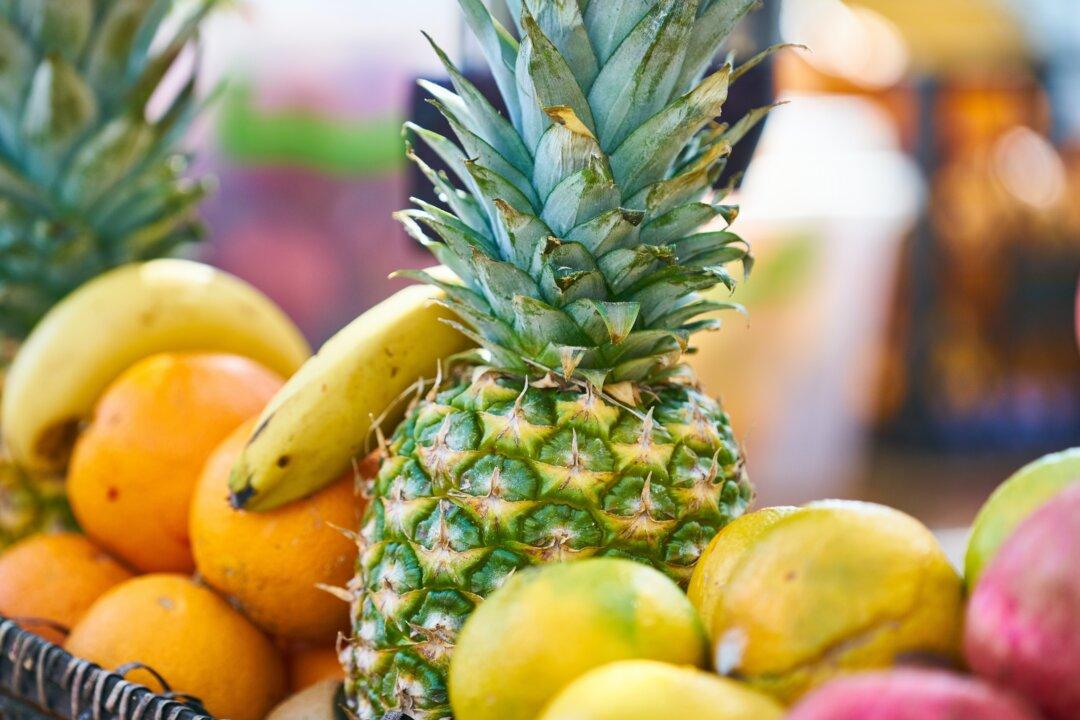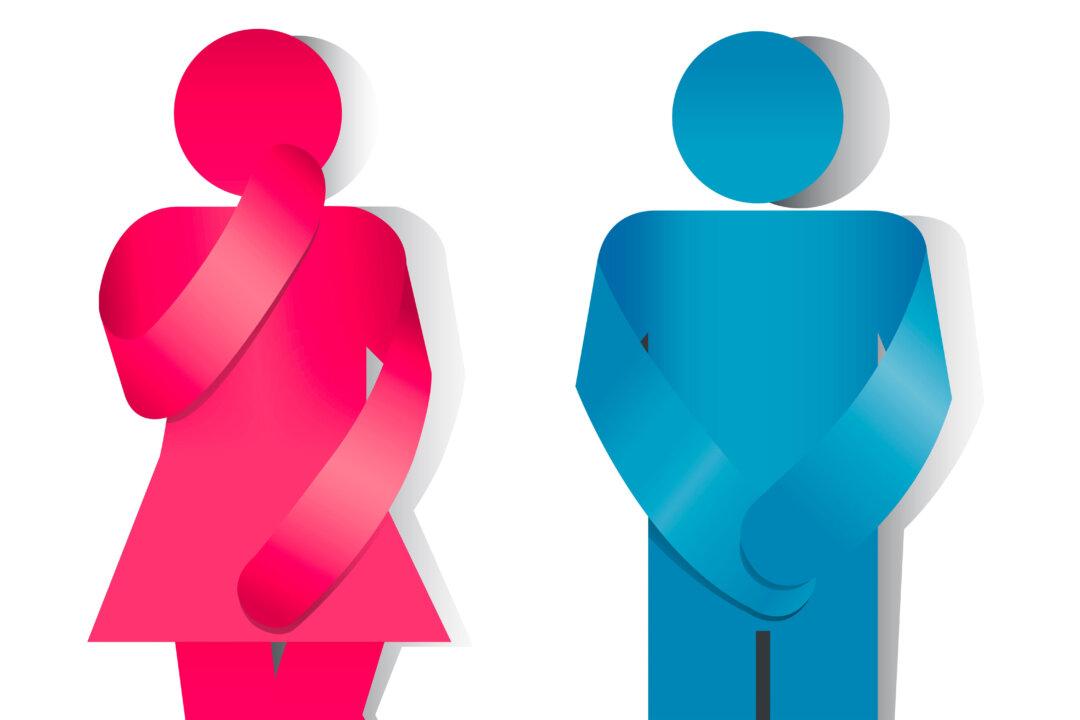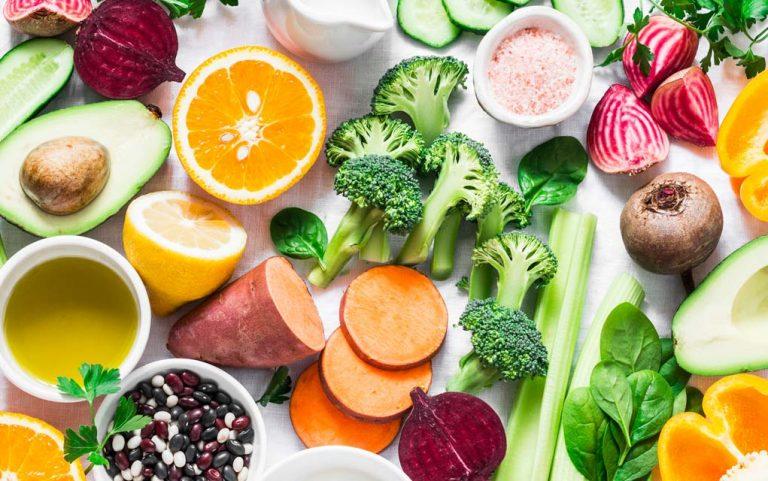You are what you absorb. That includes the good (vitamins, minerals, and other nutrients) and the bad (environmental toxins, food additives, etc). In this article, we will focus on the good; that is, effective ways to better absorb vitamins and minerals.
The number of vitamins and minerals you absorb from the foods you eat can range from 10 percent to 90 percent! Why is the range so large? Several factors have an impact on the percentage of nutrients you actually get from your food, including (but not limited to): how the food is prepared, any drugs or supplements you may be taking, your age, health status, time of day, and other foods you are eating at the same time.





